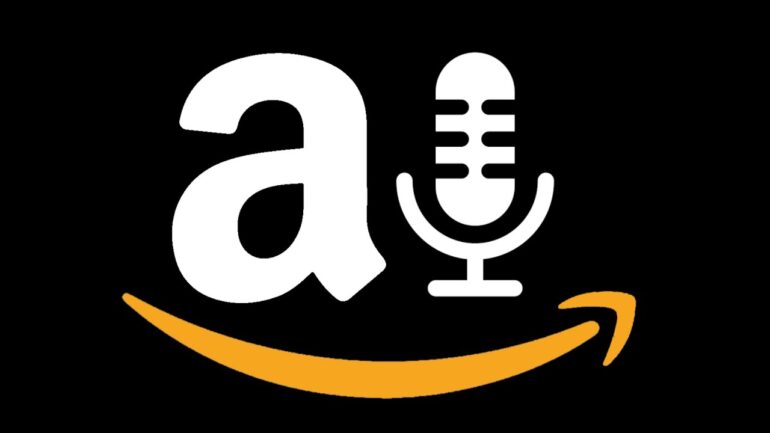TL;DR:
- Amazon acquired Snackable AI to enhance podcast features.
- The financial terms of the deal were not disclosed.
- Mari Joller, founder and CEO of Snackable AI, is now an AI and machine learning product leader at Amazon Music.
- Snackable AI specializes in using AI to add structure and metadata to video and audio.
- Amazon added podcasts to its Music platform in 2020 and has been building out the offering since then.
- Amazon made most of the top podcasts on its service available without ads for Prime members.
- Amazon began offering Prime subscribers access to a full music catalog with 100 million songs.
- Amazon is building a more “generalized and capable” large language model to power Alexa.
Main AI News:
As the competition in the music streaming industry intensifies, Amazon has quietly acquired Snackable AI, a New York-based audio content discovery engine, to enhance its podcast features. While the financial terms of the deal were not disclosed, Amazon confirmed that the Snackable AI team joined Amazon Music in December 2022 to work on existing podcast projects.
The founder and CEO of Snackable AI, Mari Joller, now serves as an AI and machine learning product leader at Amazon Music, according to her LinkedIn profile. Joller leads a team of experts in engineering, applied science, and computational linguistics to build AI-powered products that cater to Amazon Music Podcasts’ customers.
Snackable AI, founded in 2018, used AI to add structure and metadata to video and audio, providing an “at a glance” view to make consuming content fast and efficient. It specializes in generating AI-generated chapters, highlights, and more.
Joller stated on her LinkedIn profile that Snackable AI joined Amazon “to continue innovating and exploring new experiences on behalf of Amazon Music Podcasts’ customers.” Before its acquisition, Snackable AI raised $3.1 million in funding, as per Crunchbase data.
In 2020, Amazon introduced podcasts to its Music platform and has since then been working on building out the offering and adding new features such as synched transcripts. Last November, Amazon made most of the top podcasts available without ads for Prime members. Additionally, the Amazon Music app was updated to include a new “Podcast Previews” feature, allowing customers to listen to short clips as a way to discover new podcasts.
Furthermore, Amazon began offering Prime subscribers access to a full music catalog with 100 million songs, a significant upgrade from the limited selection of just two million songs previously available. The move was seen as a strategic way for Amazon Music to attract new subscribers and compete with other music services such as Apple Music and Spotify.
Amazon’s acquisition of Snackable AI follows other tech giants such as Microsoft and Google, which have been racing to implement AI-powered features into their products following the launch and popularity of OpenAI’s ChatGPT. During the latest quarterly earnings call, Amazon CEO Andy Jassy revealed that the company is building a more “generalized and capable” large language model (LLM) to power Alexa, indicating the potential for more AI-driven features to be added to Amazon’s portfolio in the future.
Conlcusion:
Amazon’s acquisition of Snackable AI and subsequent focus on improving its podcast features suggests a growing interest in the podcast market. By offering additional features such as synched transcripts and making top podcasts available ad-free for Prime members, Amazon is positioning itself to compete more effectively with other music services such as Apple Music and Spotify, both of which have also made significant investments in podcasts.
Additionally, Amazon’s efforts to improve its AI capabilities through the development of a “generalized and capable” large language model could have wider implications beyond the music streaming industry, potentially positioning the company as a leader in AI-driven products and services.

